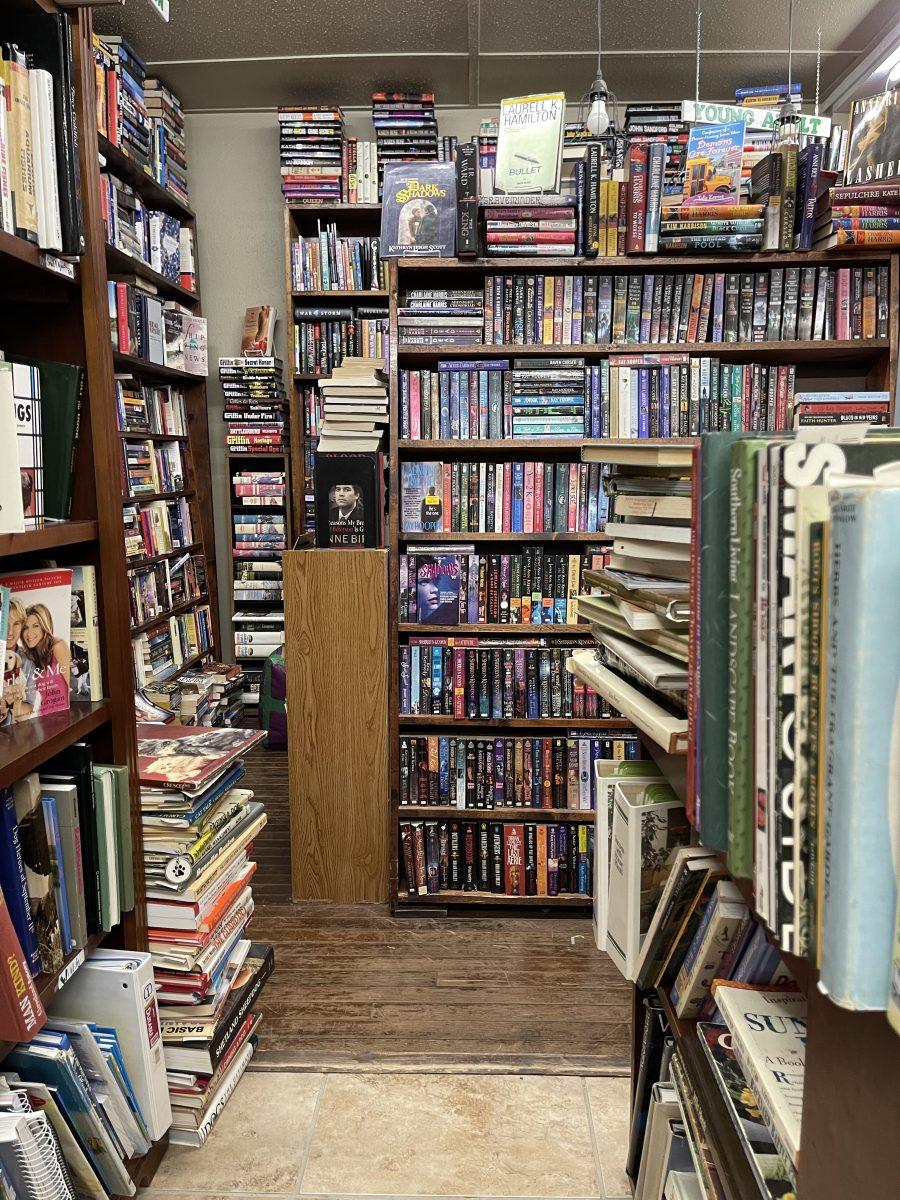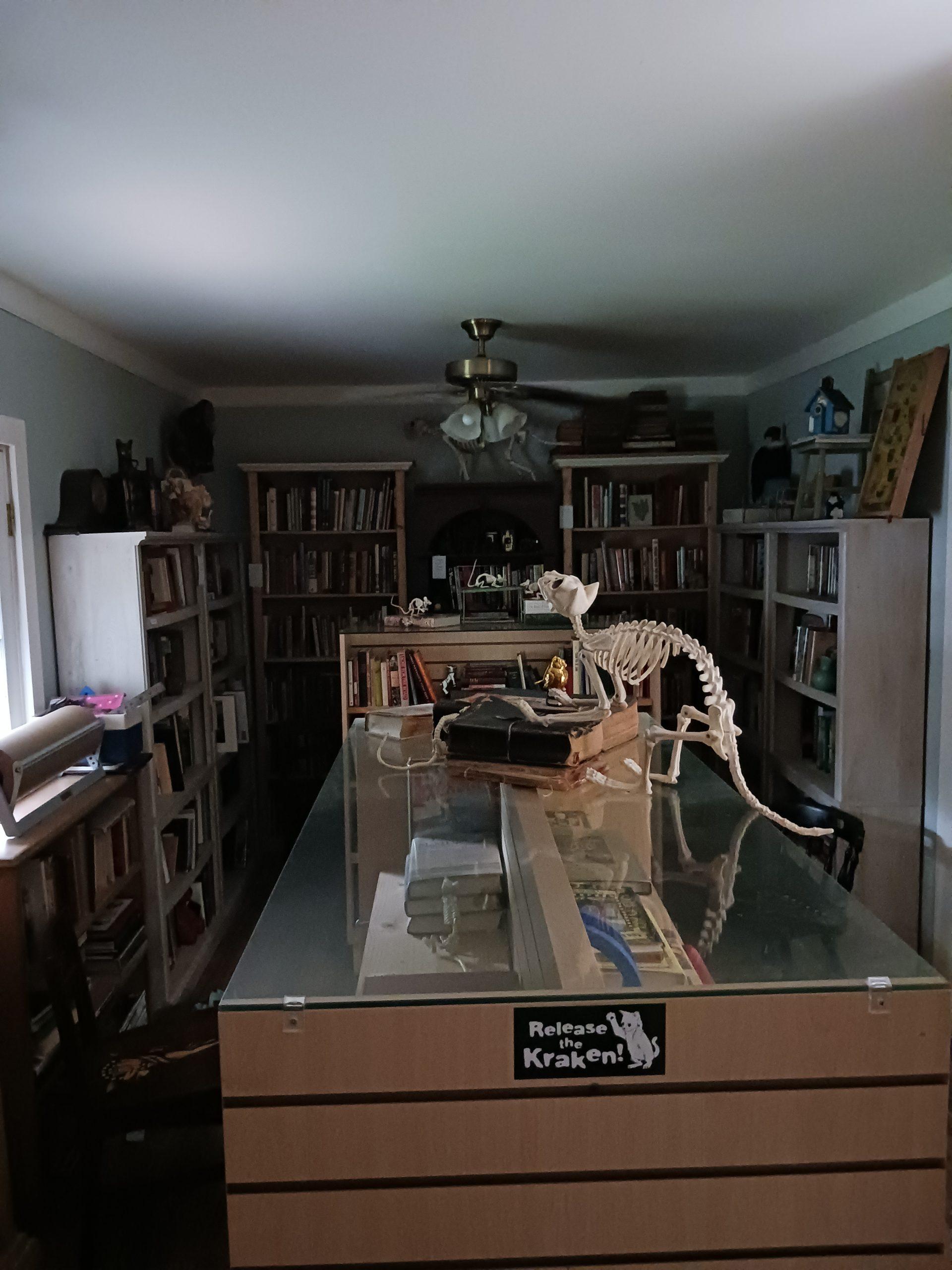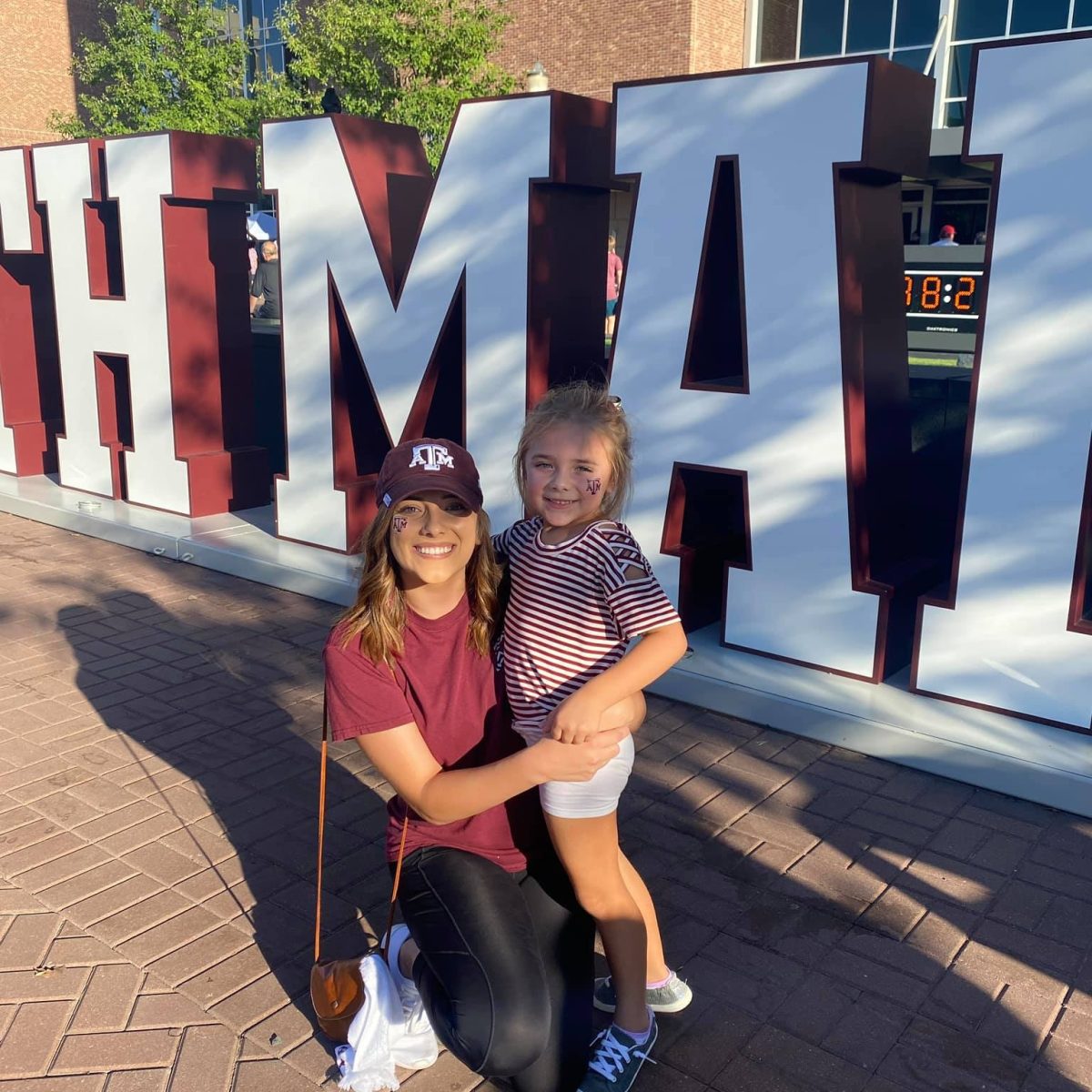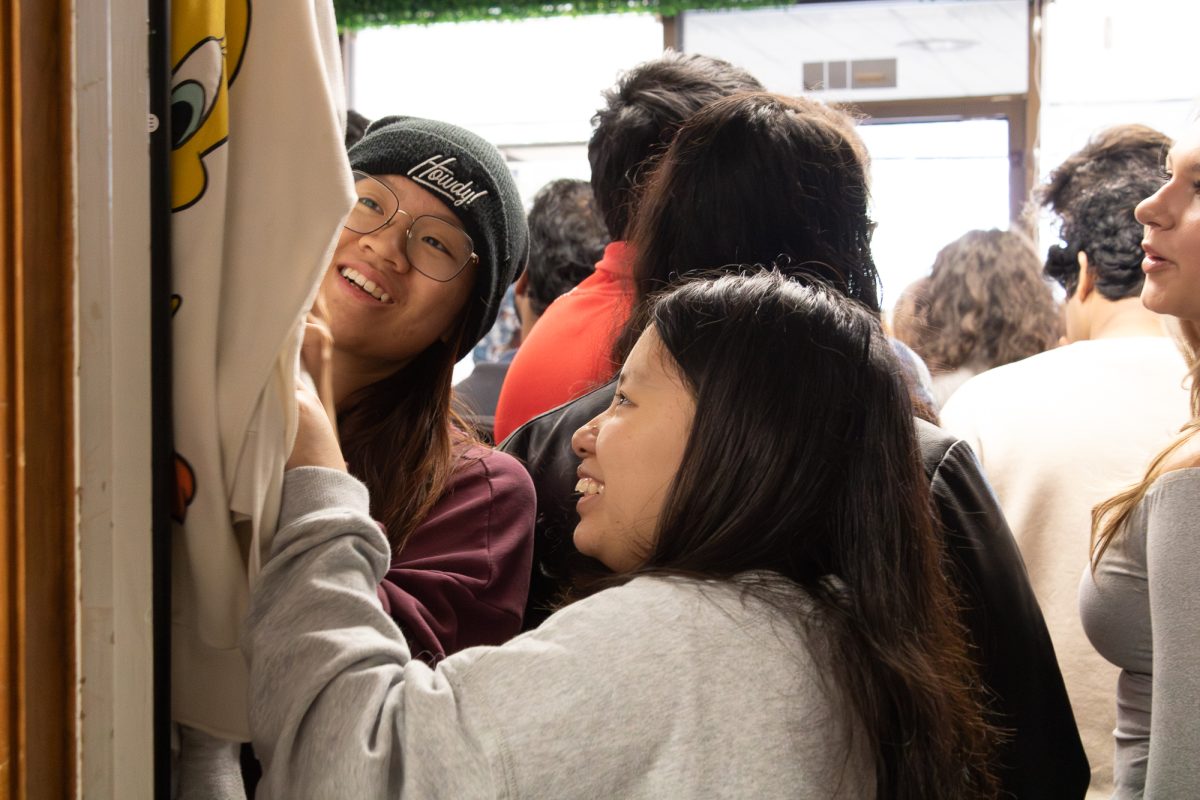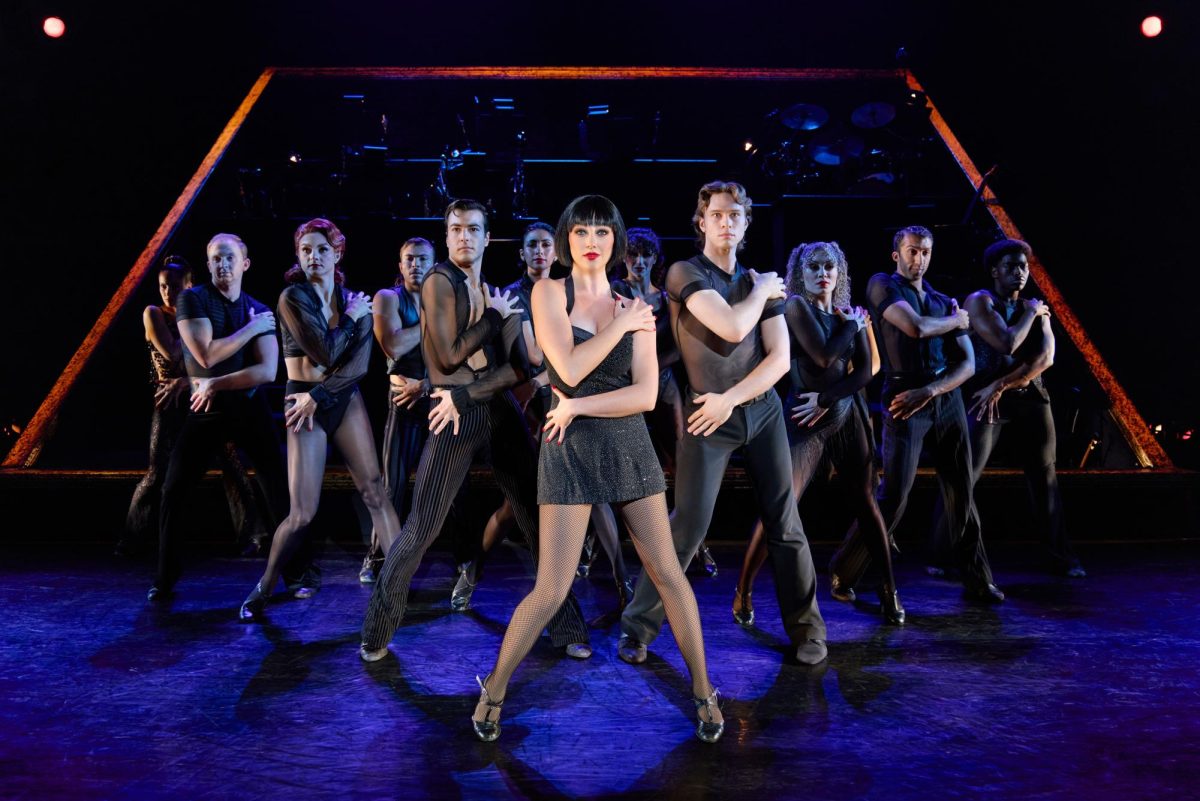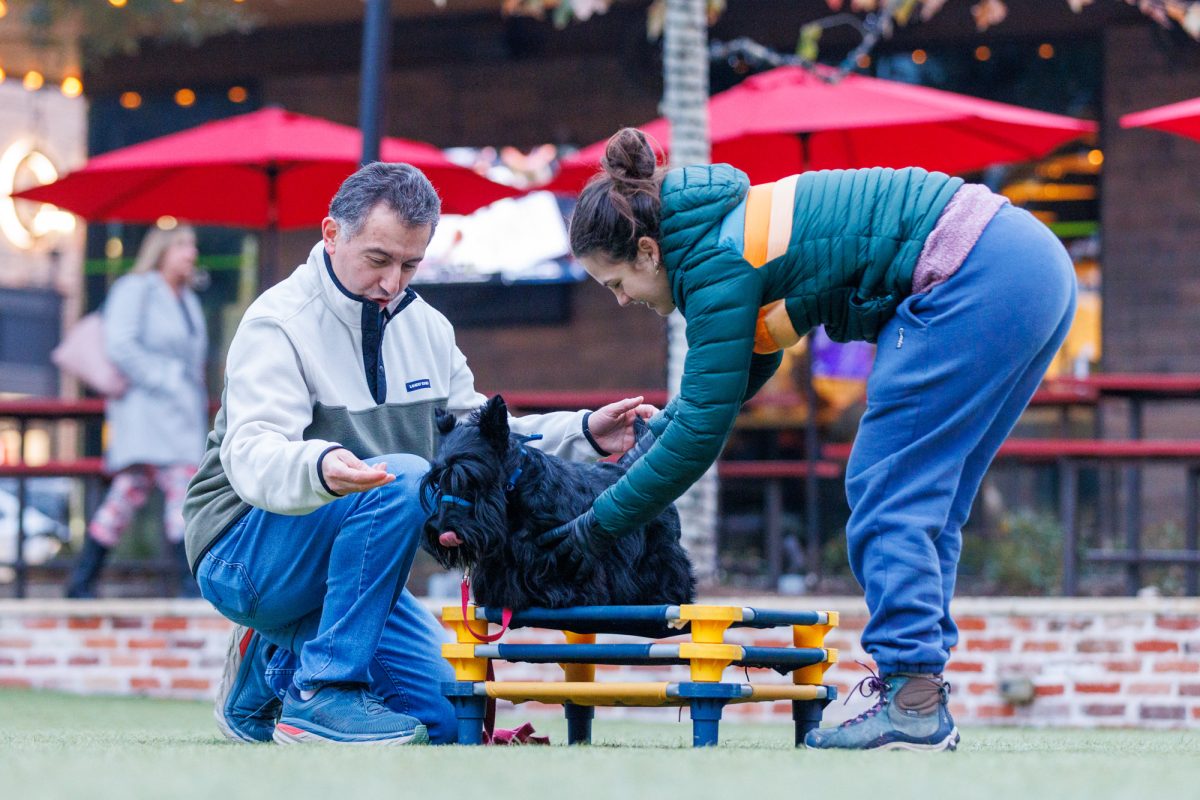Like in a good novel, the ending, especially surprising ones, leaves readers guessing long after the pages have been turned. With the outburst of COVID-19 in 2020, the unexpected has become expected. Following the pandemic, local businesses suddenly closed and vanished like ghost towns.
Despite this, local brick-and-mortar bookstores are booming. According to The New York Times, “more than 300 bookstores have opened in the past couple of years.” This is surprising, considering the increase in digital reading. One can access thousands of digitized titles with Kindle and Nook.
Cyndi Sager, the owner of The Book Attic in Tomball, Texas, believes independent bookstores like hers sell something that even the biggest online retailers or book chains cannot: the book shopping experience.
“I know they are trying to make an electronic version of browsing in a bookstore, but it’s not something that can be done,” Sager said. “The smell, the feel, the experience of being surrounded by shelf after shelf of books. Sitting and reading while surrounded by books, you can’t get that online or in an app. I have so many people breathe deeply when they enter, smile, and say, ‘Ah — the smell of books.’”
Sager said she is continuously greeted by voracious book-lovers from all over the country, particularly those whose nearest book nook is hours away from their home.
“Without the community, [The Book Attic] would not exist,” Sager said. “They support my store and tell others about me, and I try to help them all I can to find the right book for them.”
As the pandemic peaked, many local businesses braced for the worst. Roxanne Laney, the owner of Arts and Letters Bookstore in Granbury, Texas, said she was one such business.
“I was feeling pretty negative because we were only open [for] five months when we had closed down,” Laney said. “I was really concerned that we’d be out of business.”
Laney said she had always dreamed of owning a bookstore and found simple pleasure in reading. Laney was not the only book-lover in Granbury — the goodwill of Granbury locals kept the Art and Letters Bookstore intact until the store reopened.
“The locals really supported us; we got grants to keep it going to pay our rent and utilities,” Laney said. “We got some customers who gave us substantial donations.”
As in-person shopping plummeted during the shutdown, independent booksellers like Arts and Letters Bookstore quickly redoubled their online sales operations to retain customers, including curbside sales.
“[We] had a skeleton crew that did a kind of curbside [where] people would call us and say what book they wanted, or even just what type of book we should pick out,” Laney said. “[The pandemic] showed us what we can and need to do. When you start off where times are tough, you can only go up.”
Laney said her bookstore is not just for browsing.
“Indie bookstores can be a source for the community coming together more than just your average dress shop,” Laney said. “It’s a place where people can gather and meet like-minded people.”
Lisa Krumm, the owner of The Last Book Store Tyler, said she bases her success on her passion.
“There is no passion associated with the big retailers. My customer base knows my passion, and they respect that,” Krumm said. “Through detailed descriptions and humor, I think my buyers enjoy browsing my selections.”
Krumm was among the many bookstores that experienced higher sales during the pandemic.
“COVID[-19] was positive for selling books. People were staying home and needed some diversions. Books filled that role,” Krumm said. “The love of books is contagious.”
Books evoke a much more vivid sense of reality than a screen can, Krumm said.
“I pray that people will put their devices down and hold a good book in their hands,” Krumm said. “To read is a gift that can take you to hundreds of different worlds and experience a different life. The future must belong to the indie bookstores to save our history and ensure the future. I truly believe that.”




